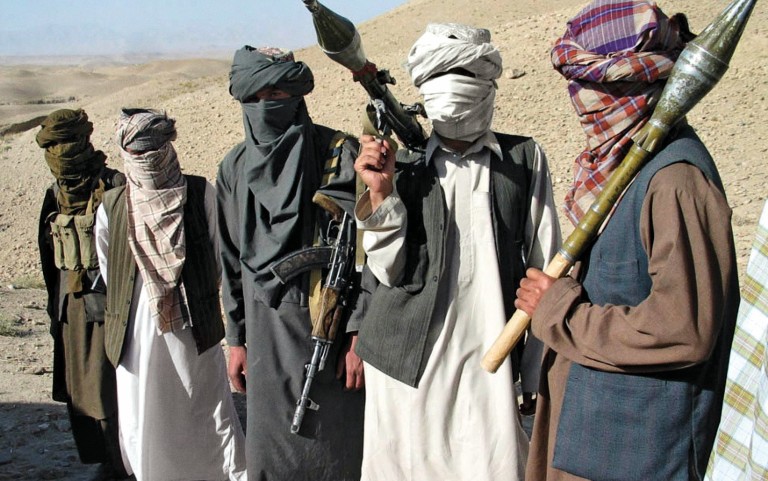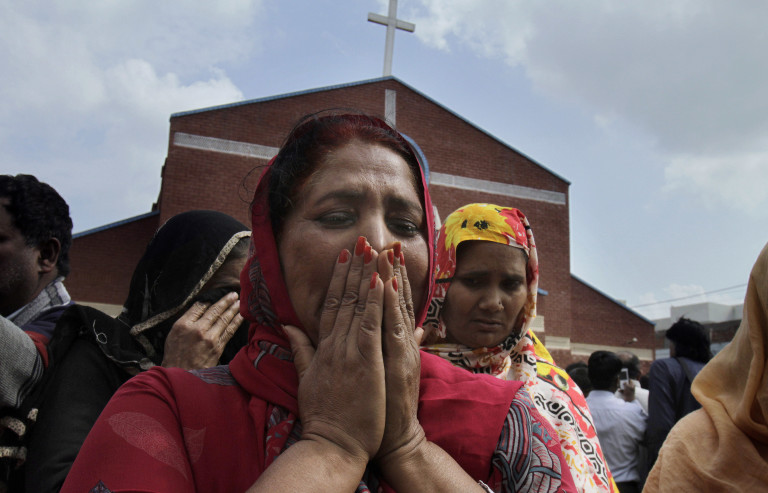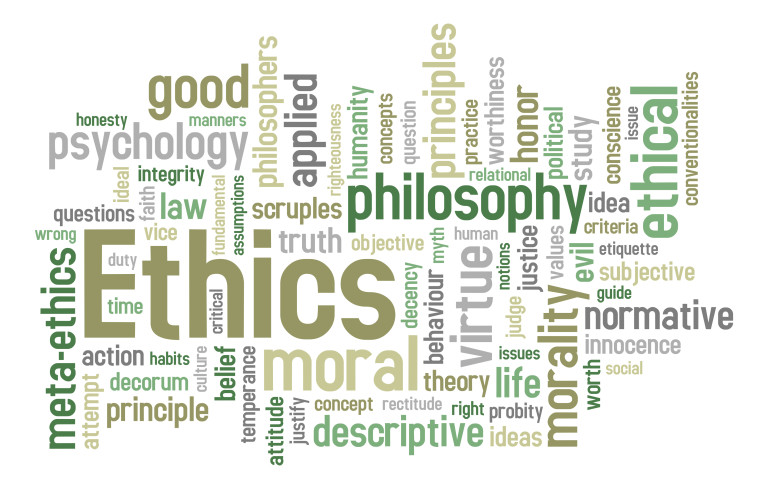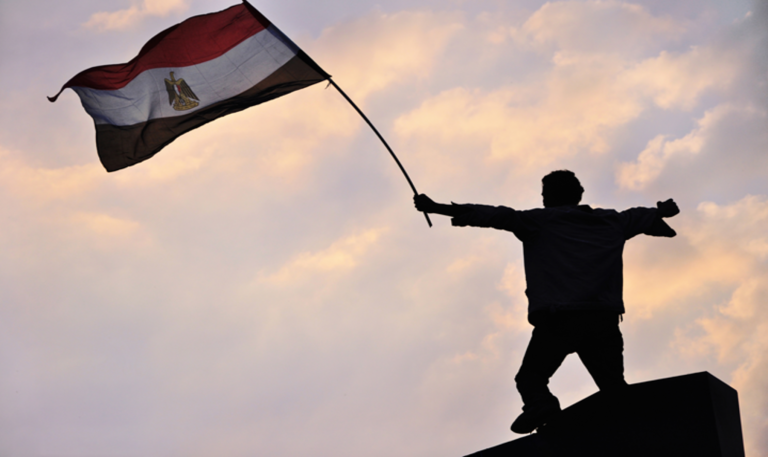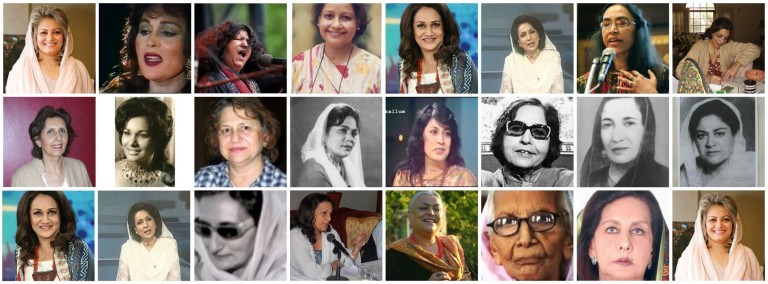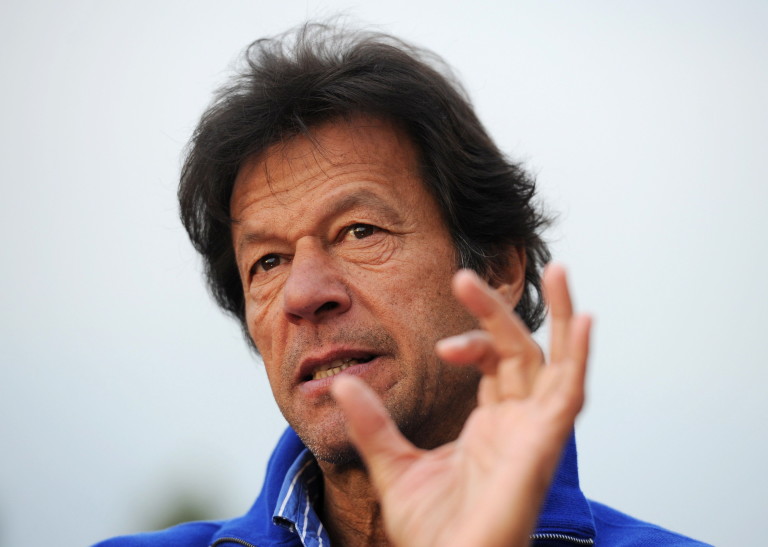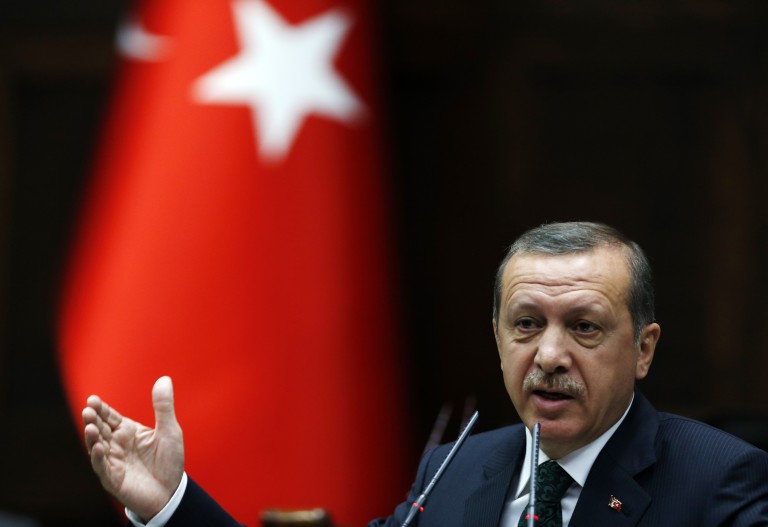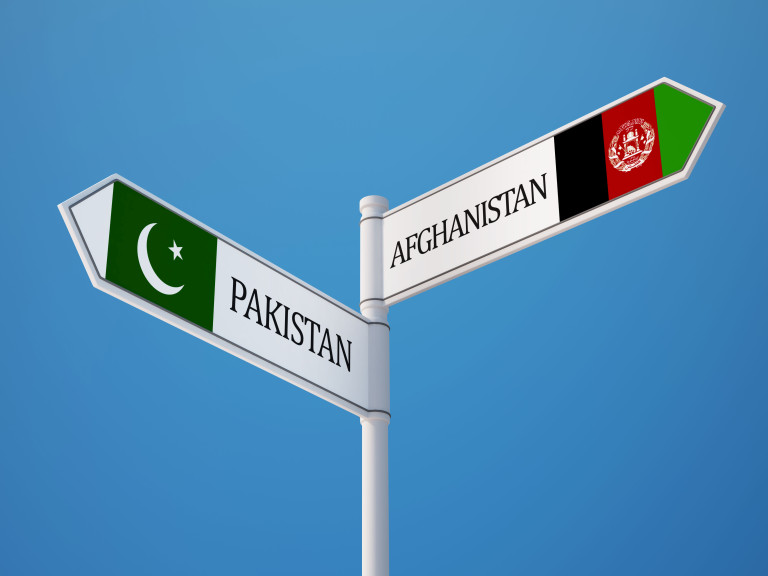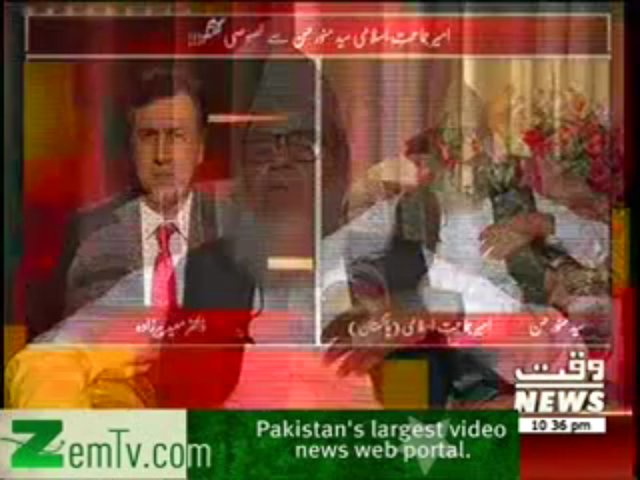Moeed Pirzada | FB Blog |
Regarding the Program on Pakistani Cinema: First it was not only about newly released film ‘Waar’; it was about the regeneration of Pakistani cinema and the phenomenal success of ‘Waar’ and its nationalistic theme was this program’s handle to talk about the factors that are leading up to this new trend of Cineplex Cinemas, and different movies like Khuda Kay Liye, Bol, Ram Chand Pakistani, Mein Hoon Shahid Afridi, Zinda Bhag and finally Waar and may soon be ‘Moor’ about Pashtun/Baluch culture…movies that are no more about the usual topics of love and marriage and class differences of parents but addressing issues that confront Pakistani society today…. “Waar” is a very ambitious and commendable effort to narrate the Pakistani saga with terrorism and how Indian agencies might be behind some of these “terror groups”…our program was a rare tv program that has tried discussing this issue…the fact that Maha Musssadiq had still not seen ‘Waar” was embarrassing but discussion was about Pakistani film industry and not exclusively about one film; and Maha is a correspondent that covers film, art and culture with Express Tribune a newspaper which covers these issues more than most others….and yes, we have less film critics in Pakistan and anyone who wants to add more names is most welcome….
But is ‘Waar” perfect? Can an art product be perfect? can we not criticize “Wag the Dog” and “Out of Africa” or “Dead Men Walking”..? So I am surprised by so many people upset about critical comments about the movie as this represented their one and the only son…why? Film Waar’s phenomenal success at the box office in the last ten days is due to the power of its narrative and its timing; this was much needed, hundreds and thousands of Pakistanis feel what the movie has attempted showing and saying; the power of the movie was in its message and then it was in its cinematography; the quality of shots, use of camera and light and some very good acting by Shaan…and off-course the use of weapons, graphic violence and good use of Cobra and MI-17 gunship helicopters…but was’nt the script lousy?
What was the story? Who was that politician, Ejaz Khan? did not he deserve to come out more strongly? Movie moved ahead in jerks as a collection of nicely shot action scenes but thread connecting them with each other was at best tenuous…”Bol” in comparison was better planned and had a script that had natural progression (though the element of propaganda for family planning and status of woman was far too obvious; good art form has to hide its propaganda which is not easy) Movie could not establish any characters; yes! Shaan developed life as a brilliant ex-army officer, a sword of honour at PMA, someone who lost his wife and child in terror attack, and now part of civilian anti-terror establishment but that is it; Producer need to develop him more which could not be done…but apart from “Shaan” none of the characters could come out very strong at all…even the terrorists need to be defined with some personality and character; art forms are not for just expressing your feelings without any art; where was the art? And making this film in English was a bogus idea; it exposed the amateurishness of the producer; Director – Bilal Lashari – has done a good job in technically patching up the different action scenes but the failure of the script, its inability to explain itself and the unfortunate use of English has to be leveled at the door of the Director, Dr. Hassan Rana..
Why English was a disaster? It’s not that Pakistani films cannot be made in English or the ambition to tap the international market should not be there. By all means Pakistani films – expensive films like Waar – and other films have to aim for the international market but first learn to walk before you can run. This movie’s script was far too local, far too nationalist; its dialogue were conceived in Urdu, its thinking was local but was being expressed in English; this unfortunate decision reduced the personality of most actors, it diminished them, it made them look unnatural….an intelligent use of English sub-titling with some dialogues in Pashto would have done better – also most Pakistanis can understand the movie instinctively because it relates to them and their pain, the missing part of the story which is not in script is inside the Pakistani minds and heads…the inner narrative inside our heads couples with the screen effect to complete the story but the same is not true for Americans, Europeans or Arabs etc….a movie to connect to them needed a different script with more nuanced story and intelligent dialogues, and it had to develop a more sharper focus on a single train of thought…
But this criticism does not mean that “Waar” is not a good movie; it is a great ambitious step, amazing use of camera and technology for a Pakistani film, a roaring public approval and it’s box office success will open doors for more such movies…Is it a nationalistic propaganda? Yes! it is, but every movie has an agenda and all Indian movies that have dealt with insurgencies in Punjab or Kashmir were pathetic virulent propaganda movies generously helped by the Indian state so what if this Pakistani film has for the first time hinted at Indian hand in creating ‘chaos’ inside Pakistan…that is only true…I wish they had worked more harder and intelligently on script…

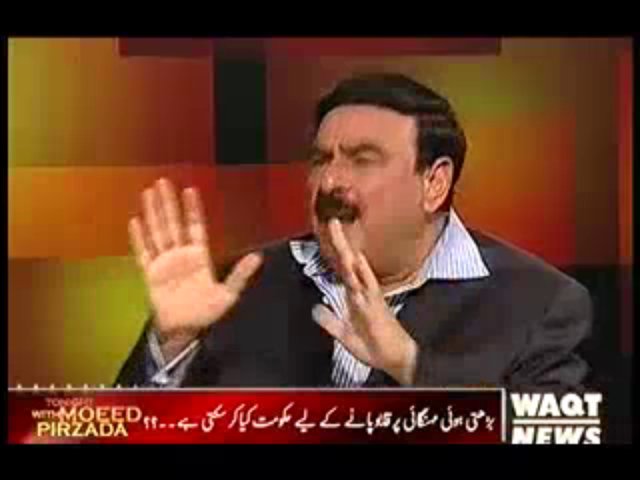

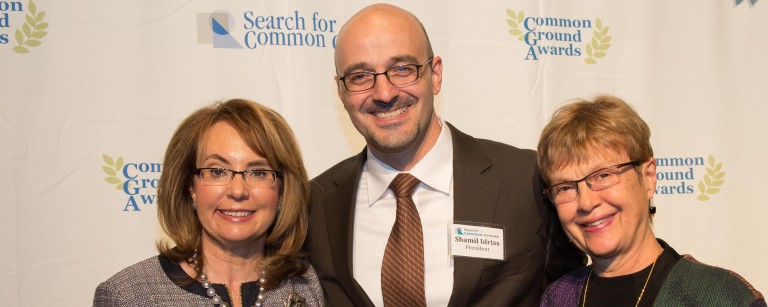
 Dr. Pirzada moderated a seminar, “Peacebuilding in Pakistan: Conflict Challenges, Lessons learned and Opportunities for Collaboration” supported by “SFCG” and “Danida” at Serena Hotel, Islamabad on 1st October, 2013.
Dr. Pirzada moderated a seminar, “Peacebuilding in Pakistan: Conflict Challenges, Lessons learned and Opportunities for Collaboration” supported by “SFCG” and “Danida” at Serena Hotel, Islamabad on 1st October, 2013.